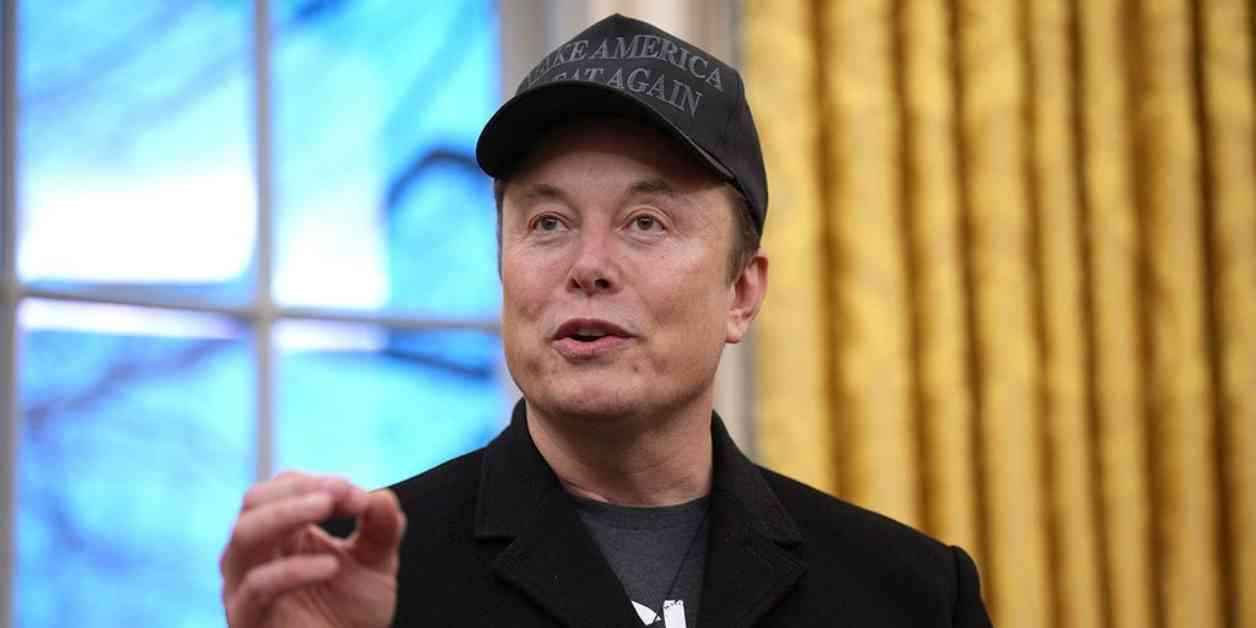Trump Administration’s DOGE Stays Firm Amid Federal Judge Rulings
In a recent turn of events, two federal judges have made decisions that impact the Trump administration’s efforts to cut federal jobs and reduce wasteful spending through the Department of Government Efficiency (DOGE). Despite legal challenges from various federal labor unions, the administration’s plans remain on course.
On Thursday, U.S. District Judge Christopher Cooper rejected a plea from multiple federal labor unions, including the National Treasury Employees Union (NTEU), to halt the mass firings of federal workers initiated by the Trump administration. The unions, which include the National Federation of Federal Employees and several others, raised concerns over the administration’s actions regarding probationary employees and a deferred resignation program.
The resignation program presented federal employees with a difficult choice: return to work or resign from their positions while receiving pay until September. The deadline for this decision was initially set for February 6 but was later extended to February 12 before being finalized on that same day.
Legal Battles and Jurisdiction
Following the unions’ complaint, they sought a Temporary Restraining Order (TRO) and a preliminary injunction to prevent the firing of probationary employees across all federal agencies and the continuation of the resignation program. These requests were brought before Cooper’s court for consideration.
However, Cooper ruled that the court did not have jurisdiction over the unions’ claims. Instead, he directed them to pursue their grievances through the Federal Service Labor-Management Relations Statute, which outlines procedures for administrative review by the Federal Labor Relations Authority.
Challenges and Uncertainties
In a separate legal challenge, 14 states sought a TRO from U.S. District Judge Tanya S. Chutkan to block Elon Musk and DOGE from accessing data systems at multiple government agencies. The states also requested restrictions on the termination or furloughing of federal employees within these departments.
Judge Chutkan acknowledged the unpredictability of DOGE’s actions, which had caused confusion and uncertainty among the plaintiffs and their respective agencies. Despite these concerns, she ruled in favor of allowing DOGE to continue its operations without disruption.
Looking ahead, Chutkan established a detailed court briefing schedule for both plaintiffs and defendants to file various motions, including discovery, preliminary injunctions, and dismissals, with deadlines extending into April.
As developments unfold within the legal landscape surrounding the Trump administration’s efforts to streamline government operations through DOGE, stakeholders and observers continue to monitor the situation closely. The intersection of labor rights, administrative law, and governmental efficiency underscores the complexity of such initiatives.
The evolving dynamics between federal agencies, labor unions, and the judiciary highlight the delicate balance between exercising executive authority and upholding legal protections for workers. As these issues play out in courtrooms and boardrooms, the broader implications for government functioning and public service delivery remain at the forefront of national discourse.


